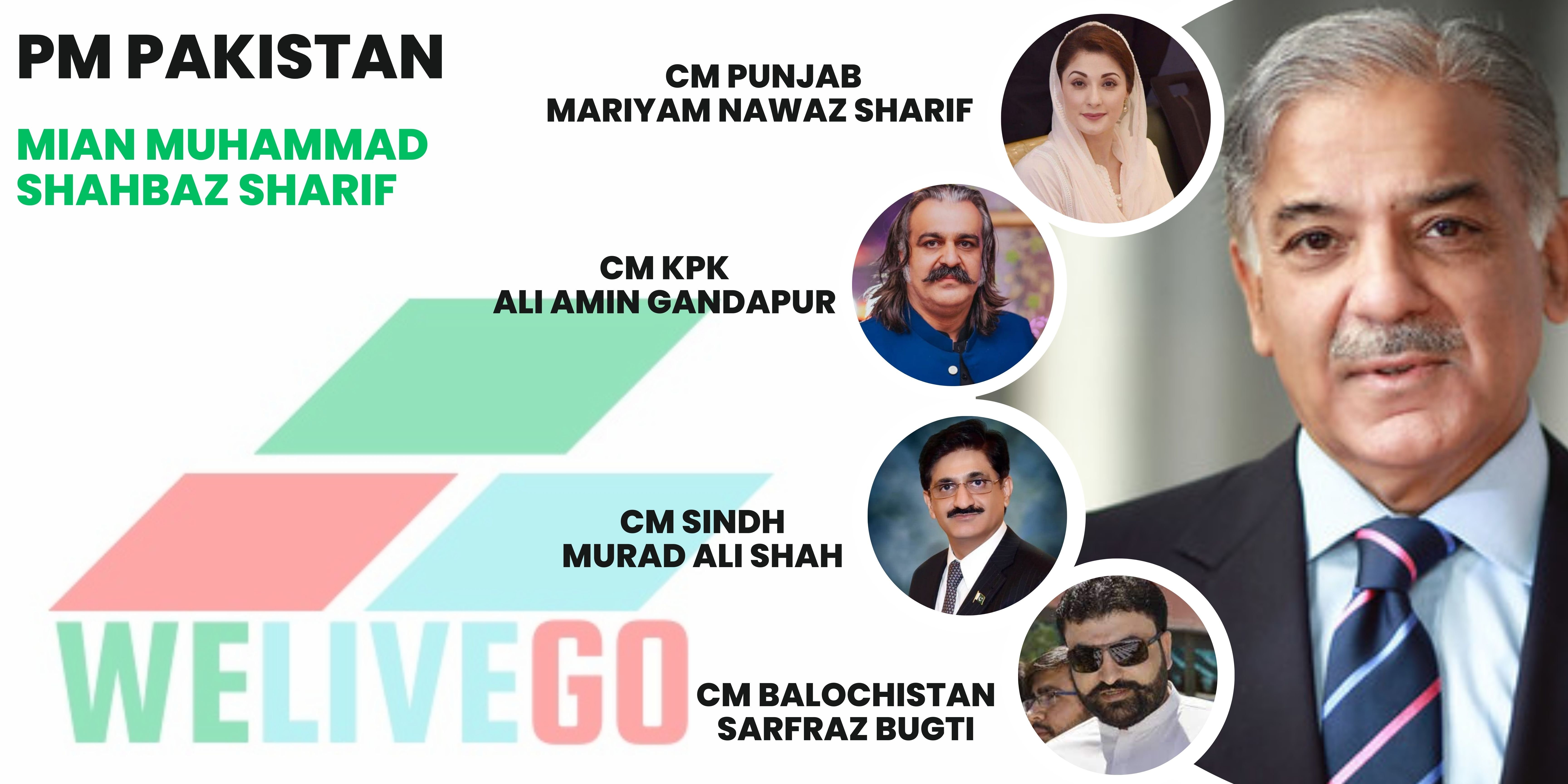Pakistan's 27.4% inflation shows no signs of slowing down.
KARACHI: According to figures released on Friday, the inflation rate remained over goal in August at 27.4% as reforms outlined as requirements for an IMF loan make it more difficult to control pricing pressures and losses in the rupee's value.
After a $3 billion loan program, approved by the IMF in July, prevented a sovereign debt default, the South Asian country is starting down a difficult road to economic recovery under a caretaker administration.
Reforms related to the bailout, such loosening import limits and demanding the removal of subsidies, have already fueled annual inflation, which increased to a record 38.0% in May. In addition, interest rates increased, and the rupee dropped to record lows. The currency dropped 6.2% last month.
The inflation rate for food remained high at 38.5% in August, according to figures from Pakistan's statistics department, despite a minor decline from July's 28.3% rate.
On Friday, authorities also increased the cost of gasoline and diesel to all-time highs.
As political tensions rise ahead of a national election set for November, the economy is getting worse, which has led to intermittent protests.
In protest of rising power prices, Jamaat-e-Islami has called for a nationwide strike for this coming Saturday.
The average person claims they struggle to make ends meet.
Waseem Ahmed, a bank employee, claimed during a speech at an Islamabad gas station that the middle classes were being destroyed.
"Bills and gas account for more than 60 to 70 percent of my take-home pay. Where will we find the essentials? People are thinking of killing themselves because of this, he told Reuters.
The CEO of Topline Securities, a brokerage house with offices in Karachi, Mohammed Sohail, stated that the inflation reading for August was in line with forecasts.
Although he said that "we may not see a big decline in inflation year on year as was expected earlier," the weakening rupee and rising energy costs made this less likely.
He was making reference to government predictions that by the conclusion of the fiscal year, which runs through June 30th, inflation will drop to 22%.
The State Bank of Pakistan (SBP) stated that it expects inflation to continue on a decreasing path during the next 12 months in its most recent monetary policy statement in July, when it held benchmark interest rates at the same level of 22%.




Leave A Comment